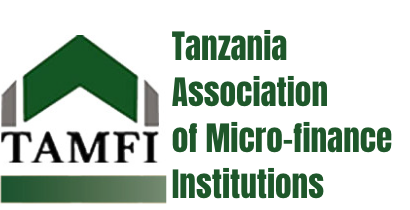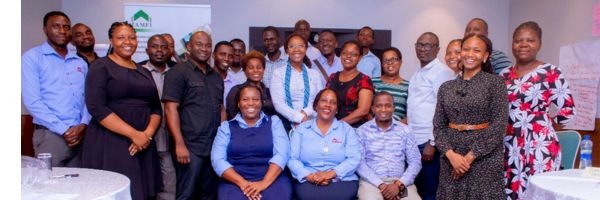As Tanzania’s aspirations for clean cooking energy is gaining momentum, TaTEDO-SESO in collaboration with the Clean Cooking Alliance of Tanzania (CCAT) and Sustainable Energy Forum (SEF) with the support from World Wide Fund (WWF) organized a policy dialogue for discussing possible measures required to achieve national access to clean cooking energy for all Tanzanians by 80% in 2034. Stakeholders including Tanzania Association of Microfinance Institutions (TAMFI) were invited to attend the event. The dialogue workshop was held on the 26th of June 2024 at Meeda Hotel, Morogoro region of Tanzania.
The stakeholders, through the dialogue got the opportunity to scrutinize the whole cooking energy sector from the national policies, strategies and plans, trickling down the energy regulatory framework and national power utilities. The stakeholders mapped the policy and practical issues to push the clean cooking subsector forward to achieve the target envisaged in the National Clean Cooking Strategy 2024-2034. (https://www.nishati.go.tz/uploads/documents/en-1717680135-NATIONAL%20CLEAN%20COOKING%20STRATEGY%20(2024-2034)%20FINAL.pdf )
The National Clean Cooking Strategy indicates that 90% of Tanzanians are still using Charcoal and firewood, 5% are using Liquefied Petroleum Gas (LPG), 3% are using electricity and 2% are using other clean cooking energy solutions such as biogas, briquettes etc.
Mr. Finias Magesa, Chairman of Tanzania Association of Clean Cooking Stakeholders (TACCS) posed some important questions and answers regarding a sustainable clean cooking solution:
a. How do I decide what is clean and what is not? Is it through testing in accredited and recognized testing facilities and institutions?
b. Are the cooking solutions available in Tanzania tested?.
c. What needs to be done first? Is it by supporting testing and documentation of available solutions?
d. Who is supposed to support Tanzanians to test their cooking solutions? Government? DPS? NGO’s? But someone has to do it?
e. Do we need to dump all those who are not clean?
Additionally the dialogue discussed challenges that stem from current political influences including focus on LPG promotion, which is tax exempted and the existence of outdated policies, coordination and difficulty in accessing financing and affordability by end users.
There is a need to adapt the National Clean Cooking Strategy to local realities. Some of the solution discussed and proposed included
a. Public awareness and education campaigns about clean cooking solutions and health risks associated with traditional cooking methods
b. Promote efficient electric cooking strategy
c. Tax exemption on clean cooking technologies
d. Partnerships and stakeholder’s collaboration
e. Financial support for manufacturers and distributors
f. The transition from using firewood and charcoal to clean cooking solution such as Improved charcoal stoves, improved firewood stoves, biogas, biowaste briquettes, bioethanol stoves, electric stoves (pressure cooker) solar box cooker and solar parabolic cooker will not occur overnight, it will take time and efforts. We need all types of clean cooking solutions because our main motive is not shifting, is to make sure all Tanzanians use efficient clean cooking and is sustainable.

